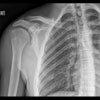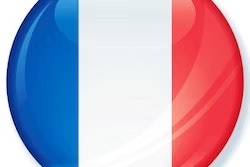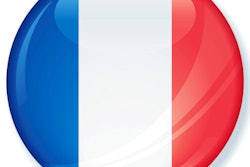
France's National Council of Radiology (G4) has reacted angrily to a series of negative comments made about the profession by an expert in infectious diseases. The remarks were made in a recent editorial, "Radiology: The French delay," in the weekly political and news magazine Le Point.
In a statement issued on 26 December 2018, the G4 recognizes that the author, Prof. Didier Raoult, a specialist in emerging infectious tropical diseases at the Marseille Medical Faculty, is a seasoned traveler, but it states that he is ill-informed about healthcare and, in particular, radiology in France. Specifically picking up on several of Raoult's points, G4 expressed general disapproval of his "disdainful" points, which it states reflect ignorance about screening strategies, among other topics.
The council listed a number of comments made by Raoult that they believe to be erroneous. The first is the implication that any doctor can interpret a thoracic CT scan, which the council believes should be analyzed by specialized thoracic radiologists whose presence is vital in multidiscipline thoracic cancer meetings and whose experience will avoid misinterpretation of low-dose images.
The council also challenged his view that virtual colonoscopy should replace colonoscopy. It believes that Raoult has ignored the fact that French university radiologists were the first to promote and evaluate virtual colonoscopy and young radiologists are trained in the technique, but it should only be used for specific indications as colonoscopy remains the standard technique, according to G4.
PET/CT also was in the spotlight. In his editorial, Raoult enthused about it for detecting tumors, but the G4 stressed that the latest literature advocates use of PET/CT for lung cancer tumor analysis in tumors larger than 8 mm and not at all for diagnosing breast lesions. In its statement, the G4 highlighted the heavy involvement of independent radiologists in breast cancer screening programs.
Besides citing Raoult's lack of knowledge of screening practices and framework, the G4 also addressed his opinions of clinical practice -- which, it states, has been transformed by imaging techniques, directly affecting patient care. Indeed, the G4 insists that French radiologists with their many publications are considered international leaders, and French imaging research by NeuroSpin and on artificial intelligence is world-class.
Finally, Raoult's criticism of MRI unit numbers in France is not due to radiologists, the G4 noted in its statement.
The G4 invited Raoult to visit faculty radiology teams to see for himself the imaging strategy and the investment of academic radiologists in the profession, as well as those in training.



















